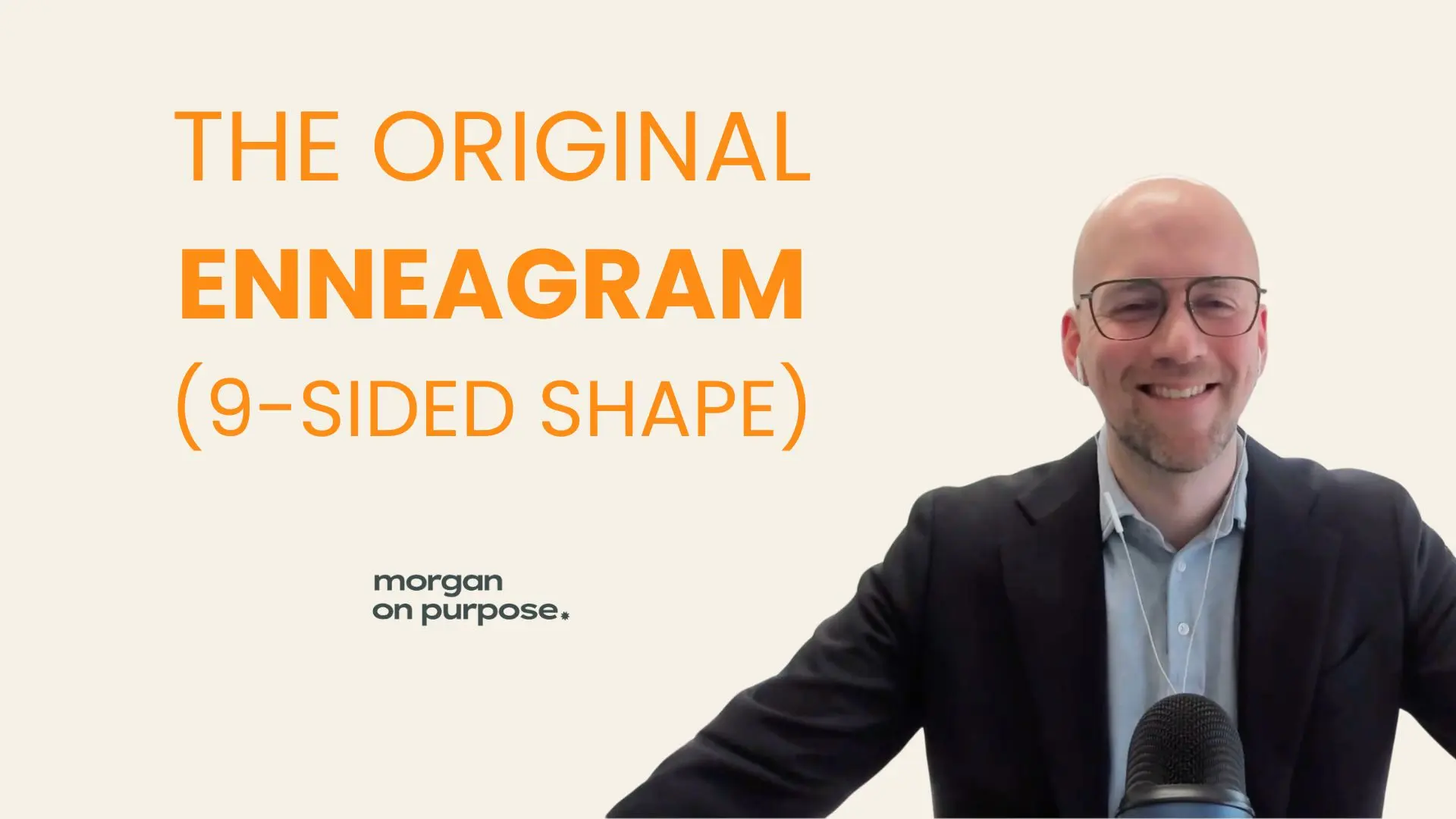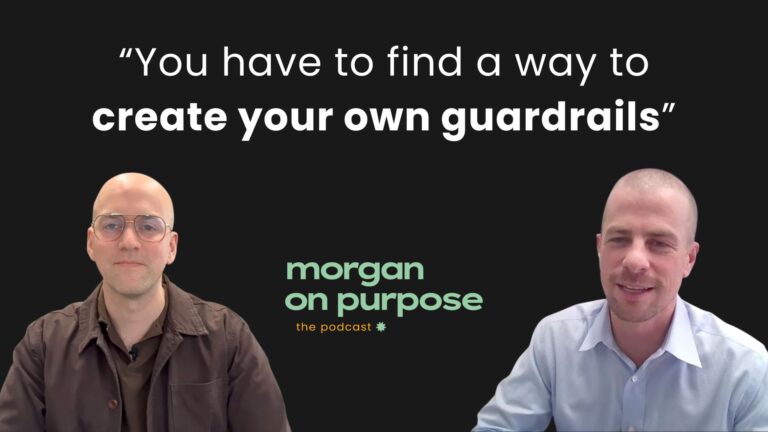In the upper Midwest, church on Sunday can feel about as American as apple pie. My childhood was no different—my sister and I were raised Lutheran and went to Catholic schools.
What may have been less normal about my childhood, however, is my fascination with different religions. (Although, looking back on it, this may be at the root of why everything I do is connected to a bigger purpose.)
As I was studying those religions, I stumbled upon the Baha’i faith almost by accident: I had heard about a temple in Chicago that featured different symbolic entrances for the major world religions—a door for Muslims, another for Christians, one for Buddhists, and so on. The goal was to symbolize that all faiths were welcome and could meet in the middle. Funnily enough, I mentioned this to a friend, and it turned out it was a Baha’i temple, and he was Baha’i. That was my first introduction to a faith that I’ve now been practicing for roughly 20 years. (Years later, I would marry that friend’s sister in that very temple.)
Why am I telling you about being Baha’i?
The simplest explanation is: Being Baha’i is important to me and my purpose. It’s important enough that we made it part of my Morgan on purpose and Retire on purpose logos—the nine-sided star is an unofficial symbol of the faith.
Given the emphasis I place on finding your purpose, it’s only fair that I share with you a bit about mine and how I found it. Plus, I find that many people I encounter have never heard of the Baha’i Faith, so I figured I could help you all get to know me a bit better while also learning about the youngest evolution of Abrahamic theology.
Before I explain about becoming Baha’i, though, I need to do something more in line with my Catholic schooling and share a confession: I was a very serious 20-something. (Perhaps you already gleaned that from my desire to study world religions.) In college and after, I was looking for a religious framework that made sense to me.
When I discovered Baha’i teachings, they just seemed to click. Because it’s an Abrahamic religion (meaning it’s rooted in Judaism, followed by Christianity, and then by Islam), I felt connected to my Christian upbringing, as well as Jewish tradition and world religions like Islam.
Additionally, the founder of the faith lived in Iran, as did the early disciples of his teaching, which led to some Zoroastrian and mystic influences. Buddhism and Hinduism are represented to an extent as well (remember, Iran was long-considered a global crossroads and trade route).
When I stepped into the Baha’i Faith, I didn’t feel like I was giving up anything from the religions I had practiced or studied previously. Instead, I felt like I was gaining and accessing all of them.
More practically, Baha’i teachings emphasize the same values I had already identified as important to me: community, service, unity, and truth. Even in my 20s, I knew these were values I’d want to share with a future spouse and that they’d be helpful tenets when raising children. (I warned you I was a serious guy in my 20s!)
Wonderfully enough, these things turned out to be true. I get to work in a service capacity every day as I help people get their finances in order and, more importantly, realize their own purpose. My wife and I are active in our community, always looking for ways to serve and giveback. And we teach our children to live these values in ways that are accessible to them—we ask what they did for their friends or teachers each day after school.
What does that have to do with enneagrams?
Here’s a fun piece of trivia for your next cocktail party: The word enneagram simply refers to a nine-sided object. Since the most common personality tests categorize people using nine archetypes, the word’ has been typecast a bit.
Long before the Armenian philosopher George Gurdjieff invented the prototype for enneagram tests, however, Baha’is began using the nine-pointed star as an informal representation of the faith. Why nine?
First, it’s the highest possible single digit. If you view humans as numbers, starting at zero, going through infancy and adolescence, and so on—the highest state of being would be reached at number nine. Additionally, a nine-sided temple symbolizes that high state of being: Everyone is welcome and can come together in harmony in a single space.
The Baha’i Faith is very centered on harmony and unity, so reaching the highest level, whether it’s in numerals or on the road to enlightenment, is an important part of that quest.
Additionally, the Baha’i Faith originated with members of a sect of Islam based in Iran. The first revelation—stating that there would be a new prophet—came nine years prior to the revelation that launched the Baha’i Faith.
Finally, those revelations and teachings were written in Arabic, and there are additional connections between the Arabic letters in key Baha’i concepts and the number nine. Many of these connections center on unity and the glory of God. The idea is, ultimately, that revelation is progressive, that all religions stem from one Creator, and that humanity reaches its fullest potential when it is unified in pursuit of these things.
Tying it all together (unity)
In explaining all of this, the last thing I want to do is to come off as preachy. My goal is to simply share a bit more about myself so that you know who you’re working with.
I find that faith guides many of my clients in terms of their values, purpose, and priorities. I’m no different in this regard. But while many people intuitively know what Christian, Jewish, or Buddhist values are, Baha’i teachings tend to be a mystery. Hopefully, this helps you better understand me, my purpose, and what drives me in my work with clients.
If you have any questions, I always love discussing theology and philosophy, especially as they relate to your purpose. Reach out!


